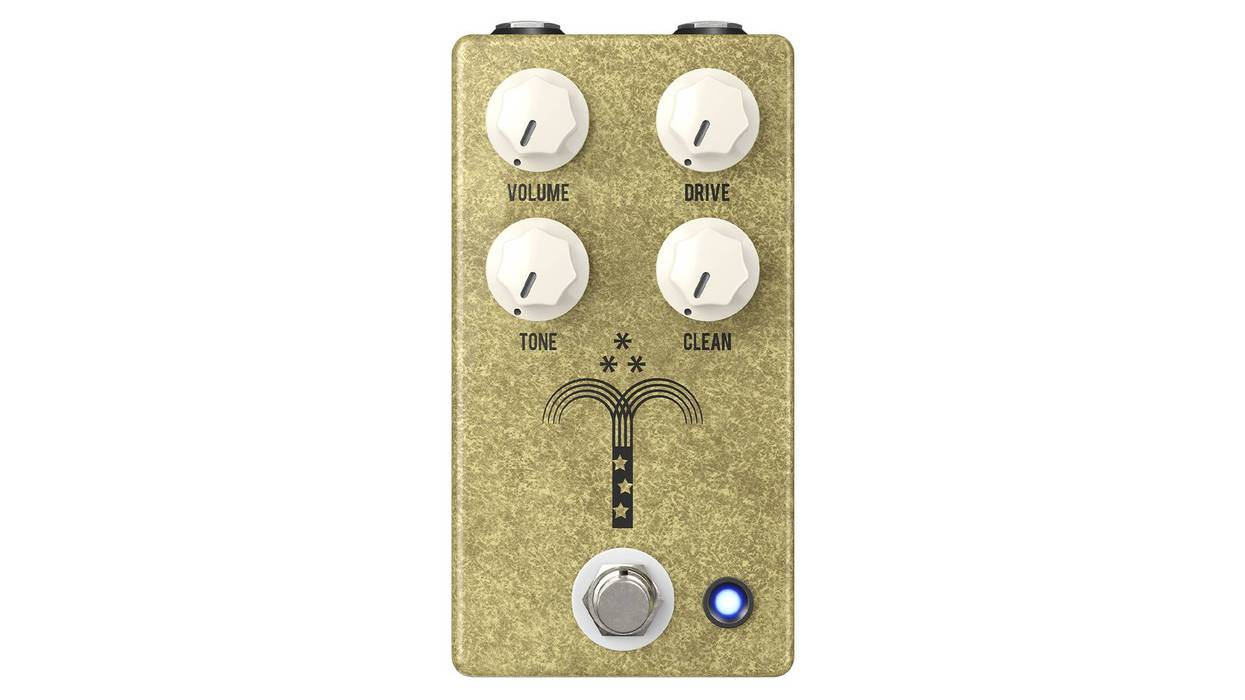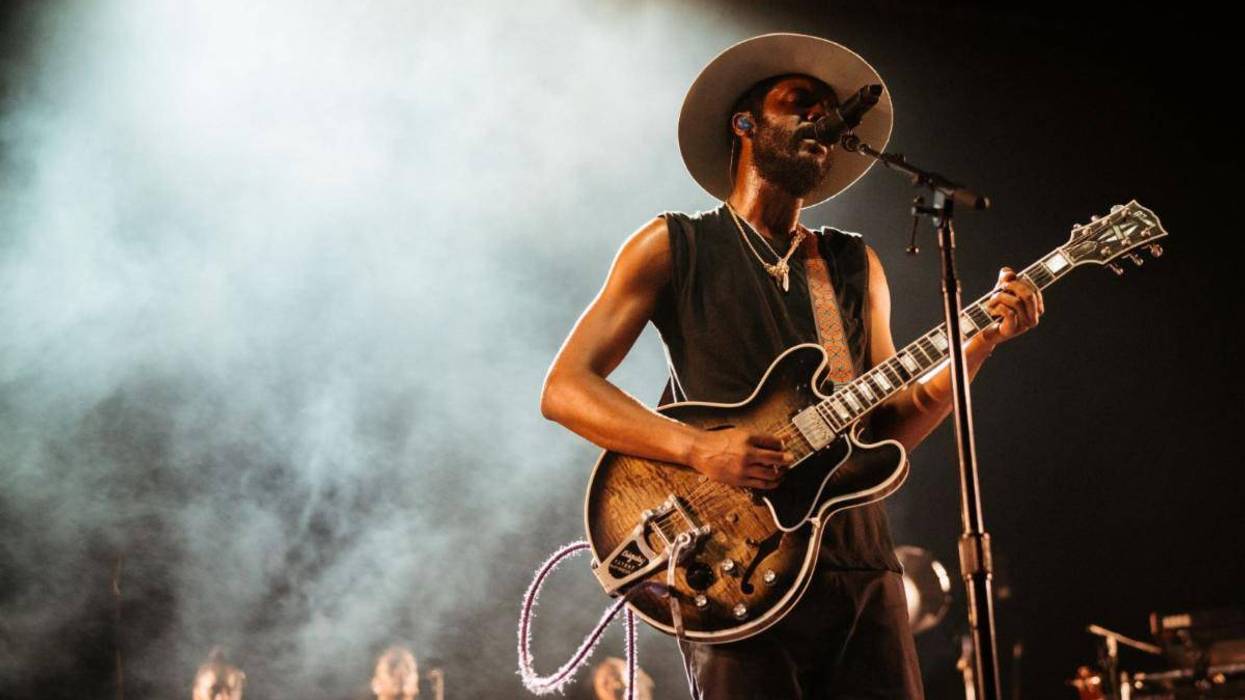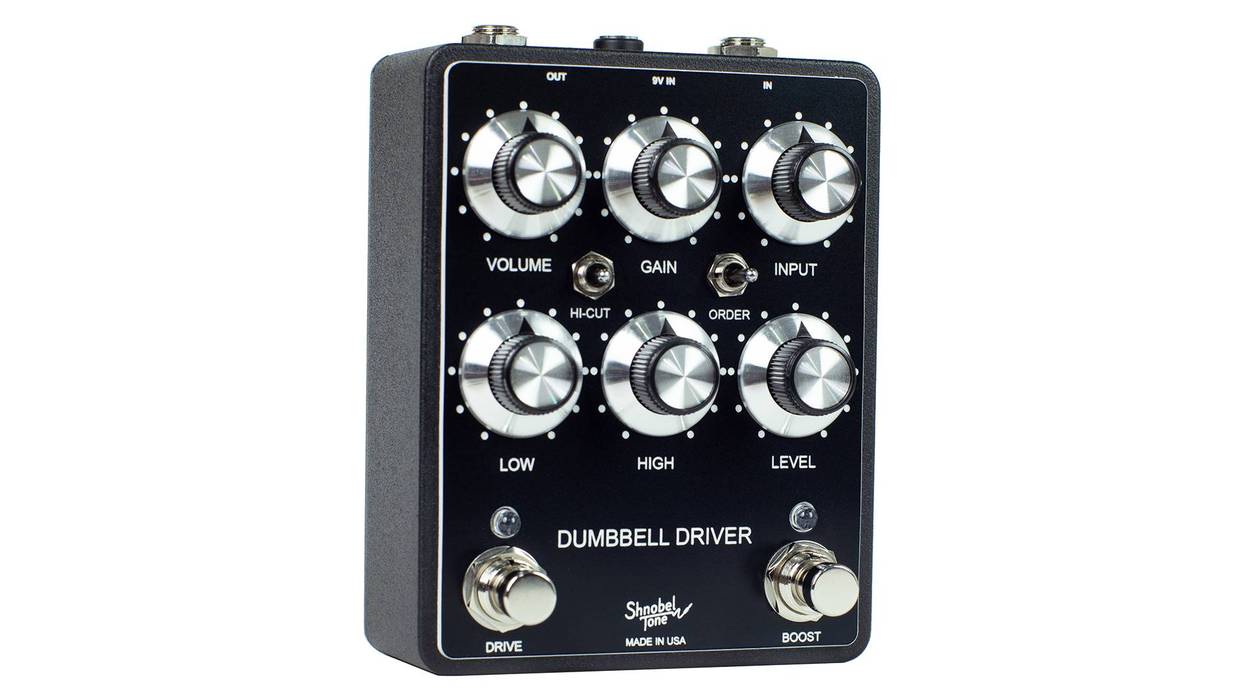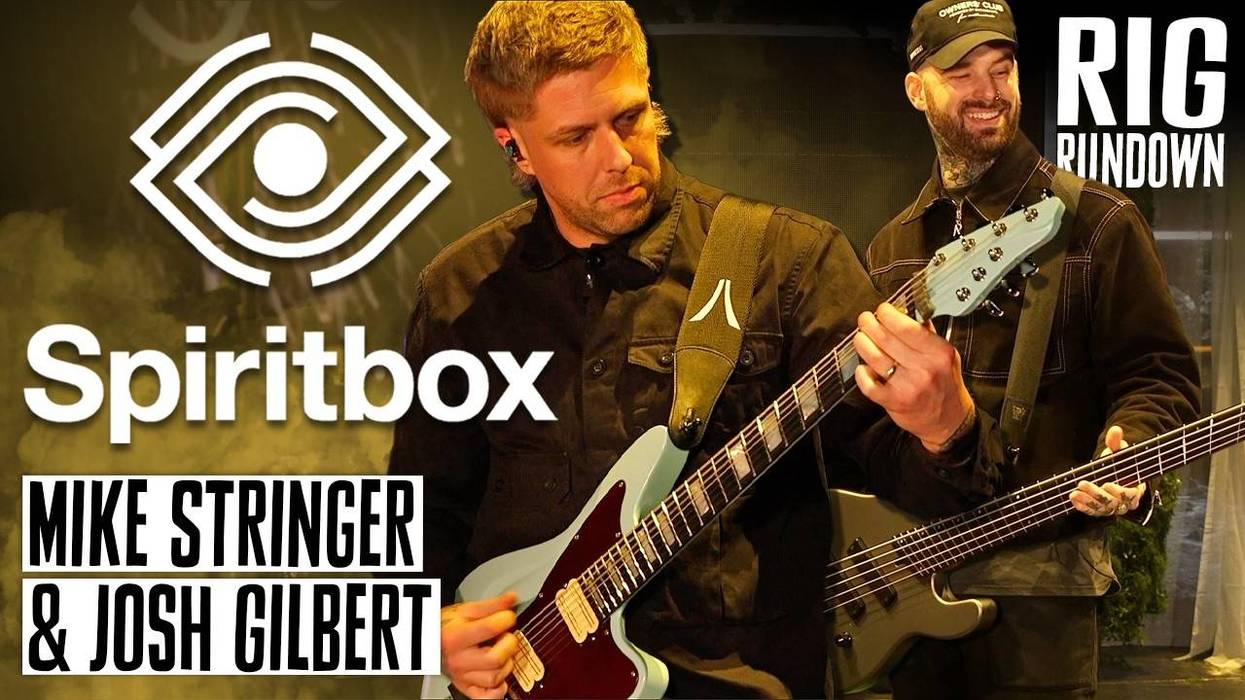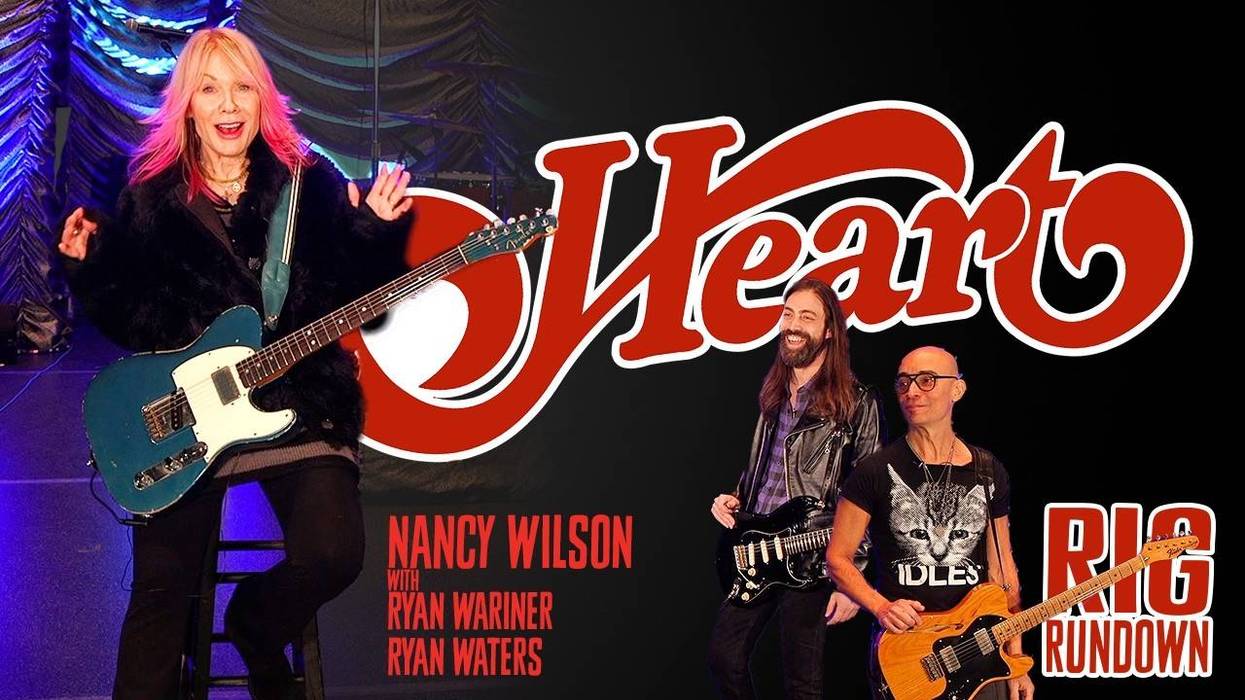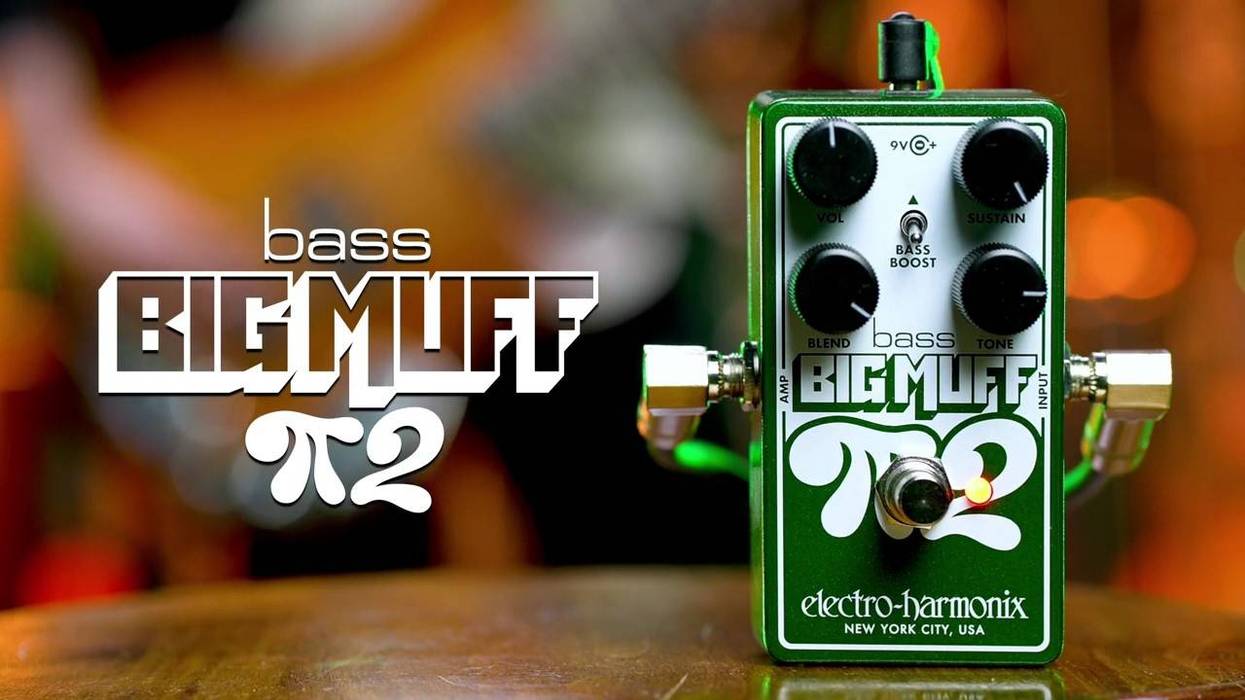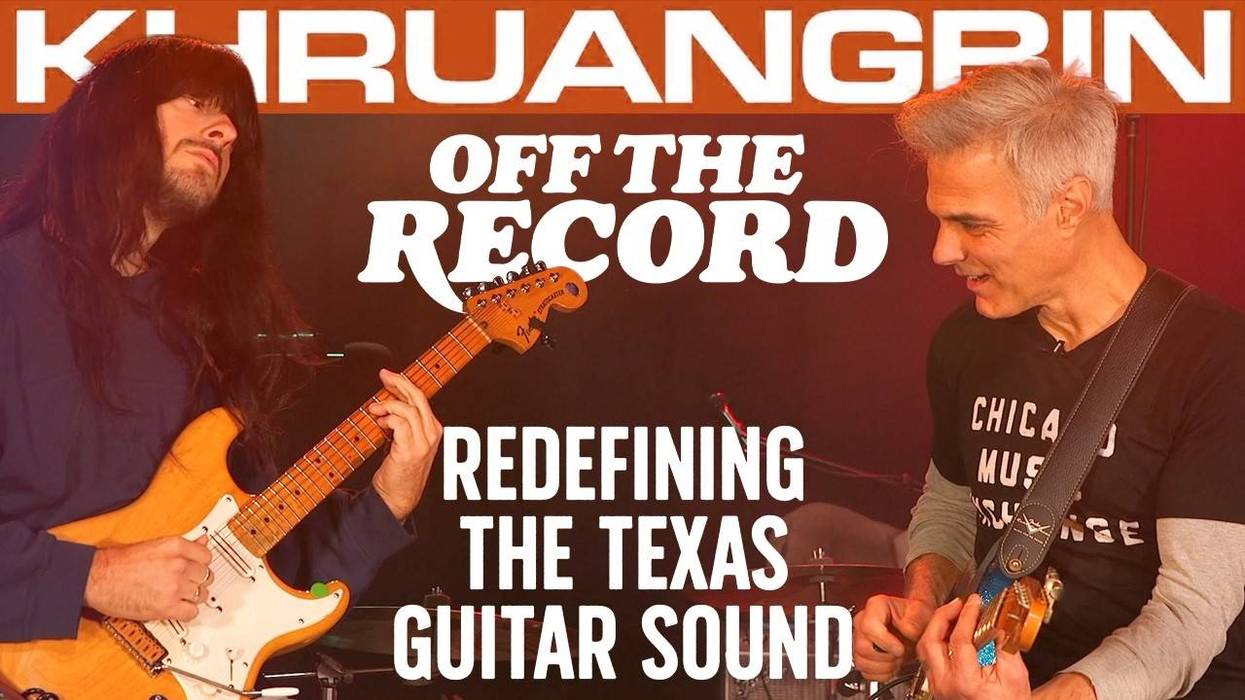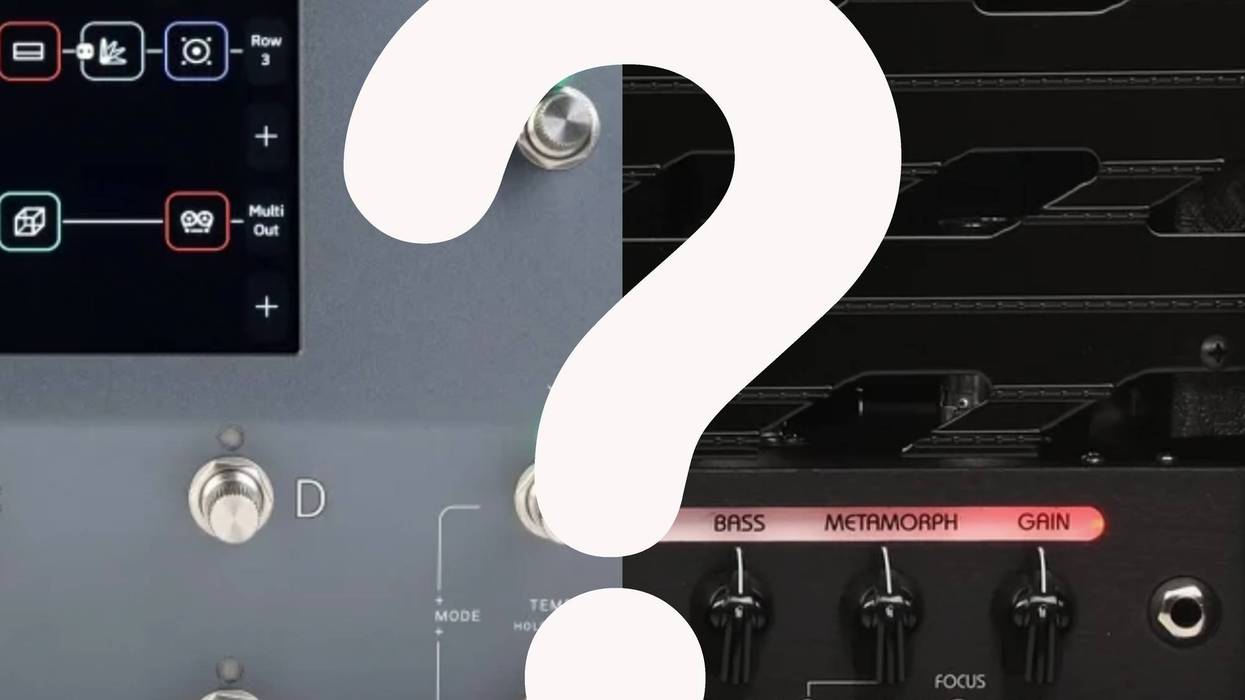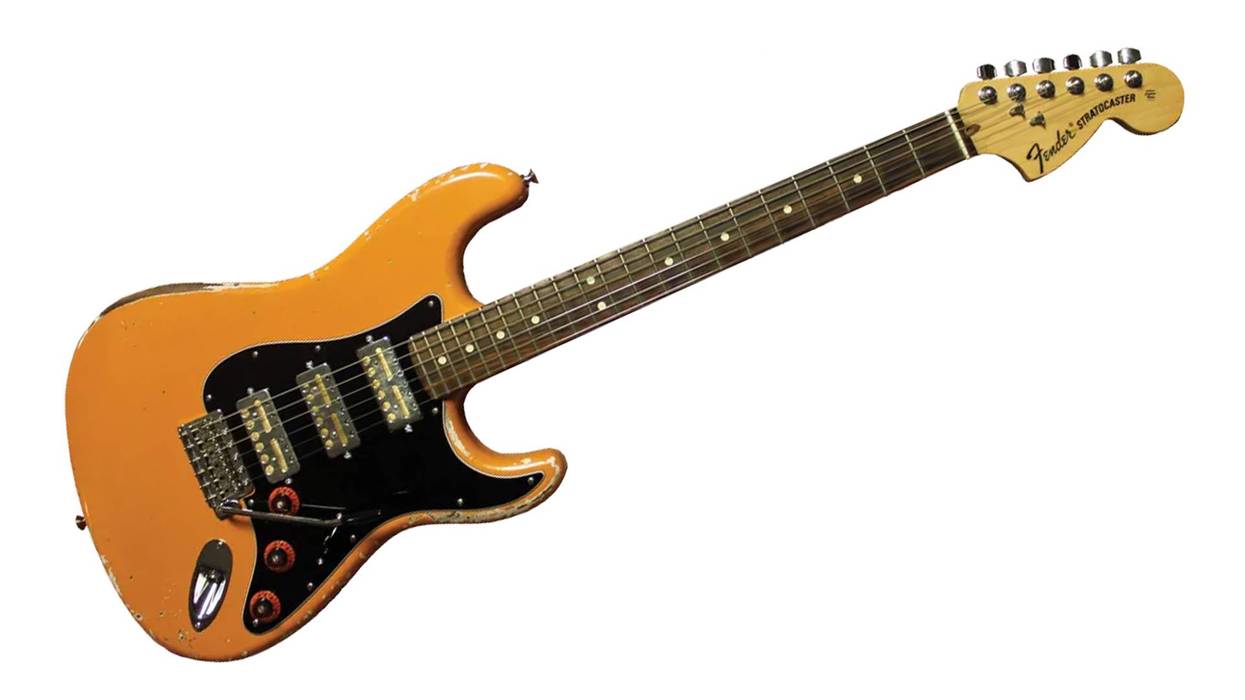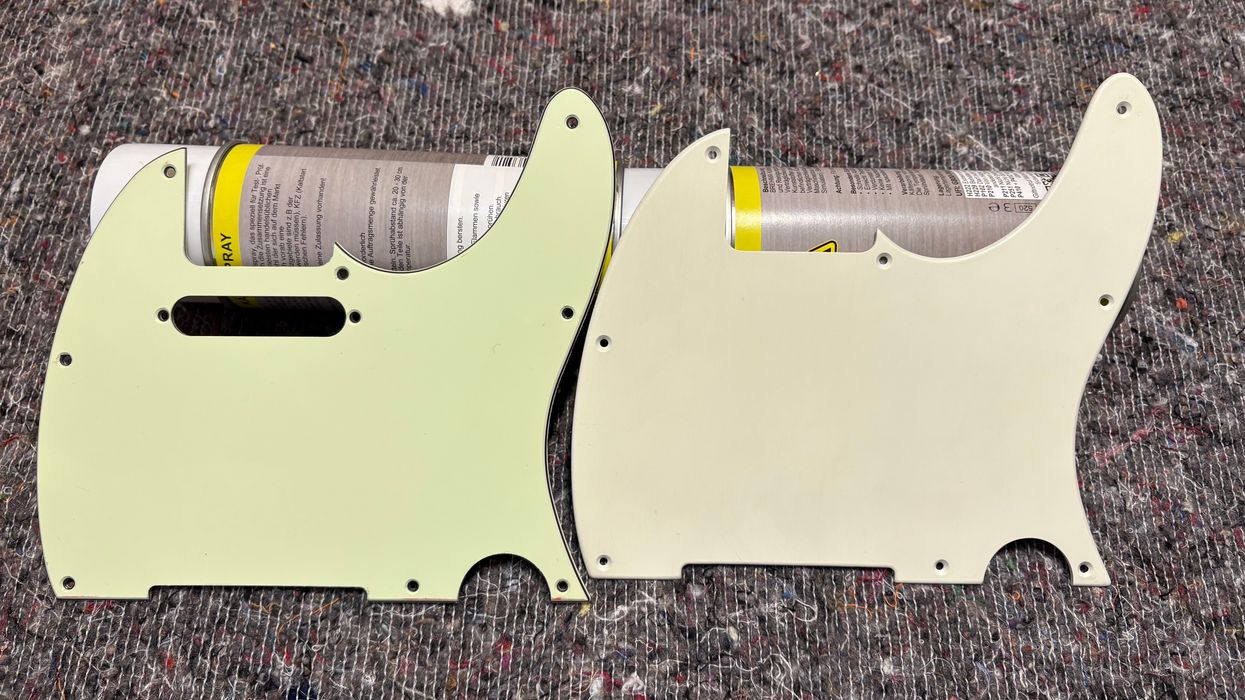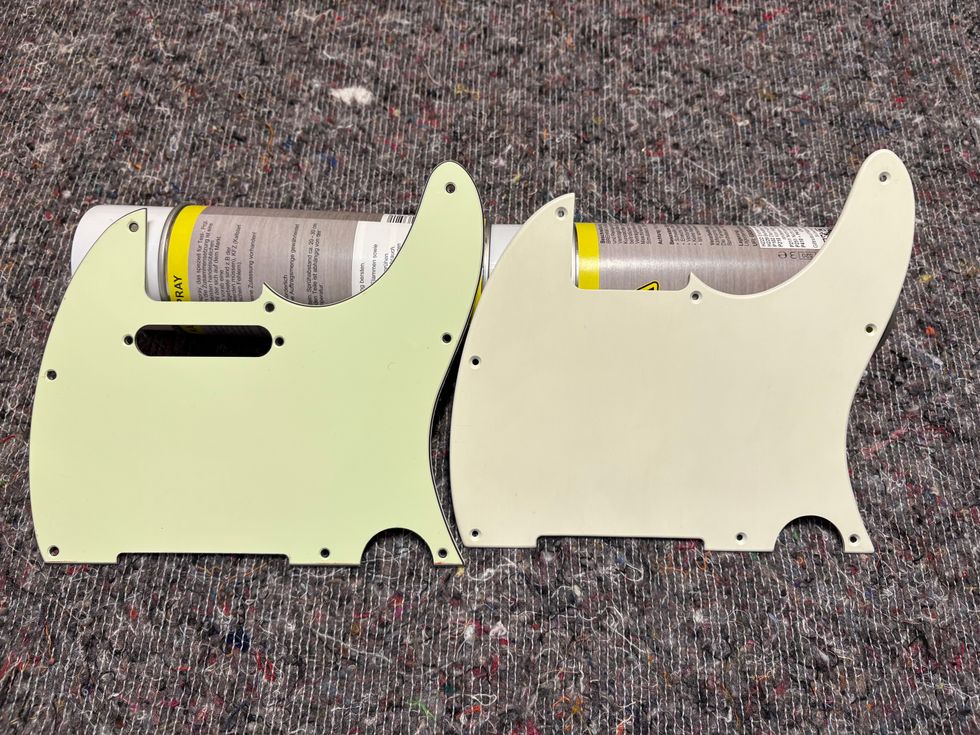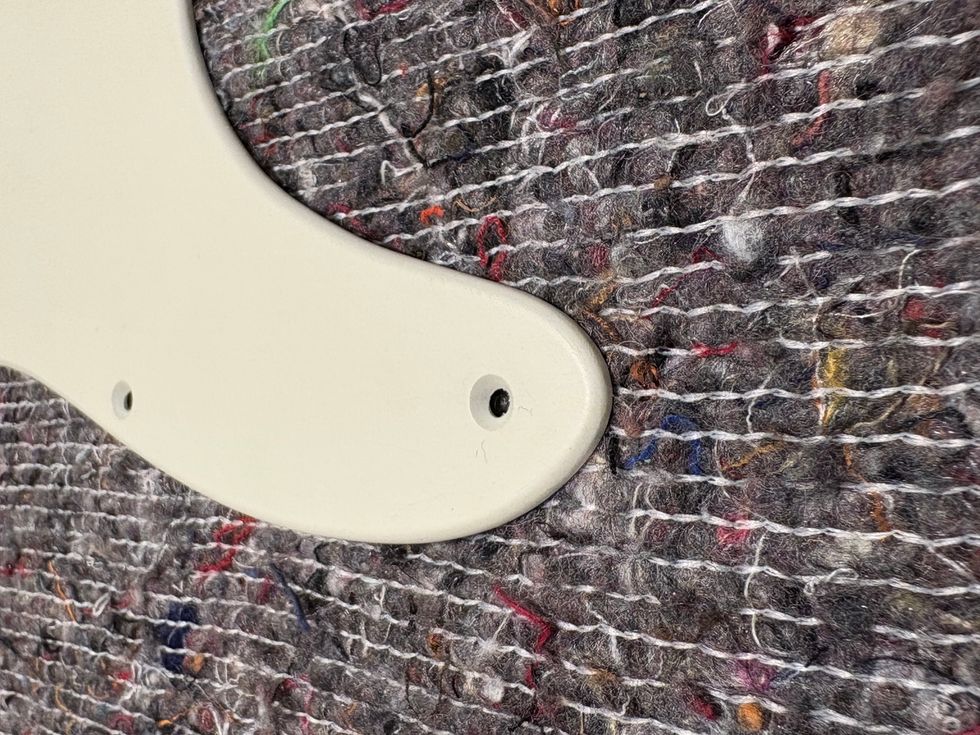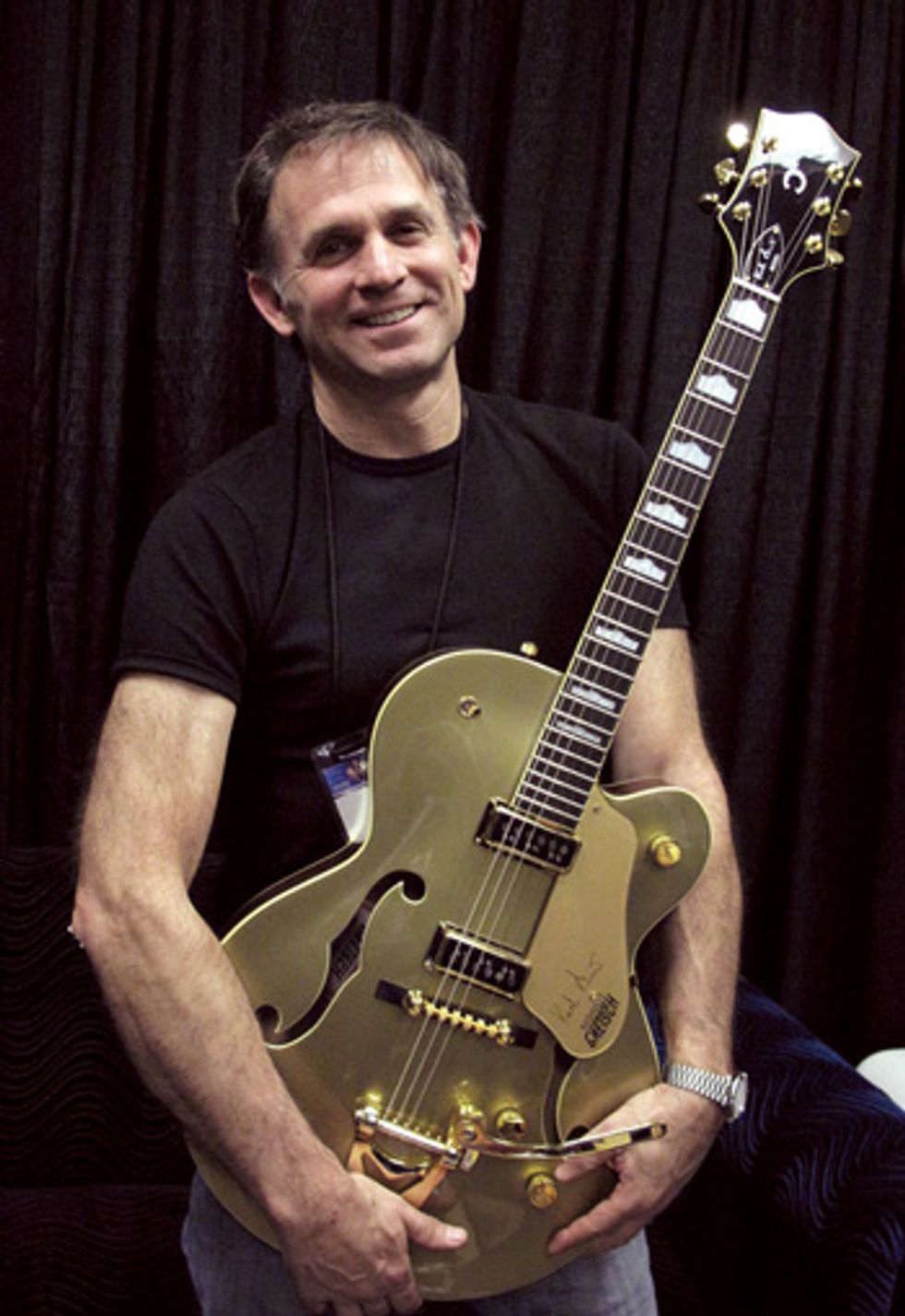
One of my favorite musicians of all time, guitarist Keith Scott, has been an invaluable source for simple, undeniable melodic ideas for me.
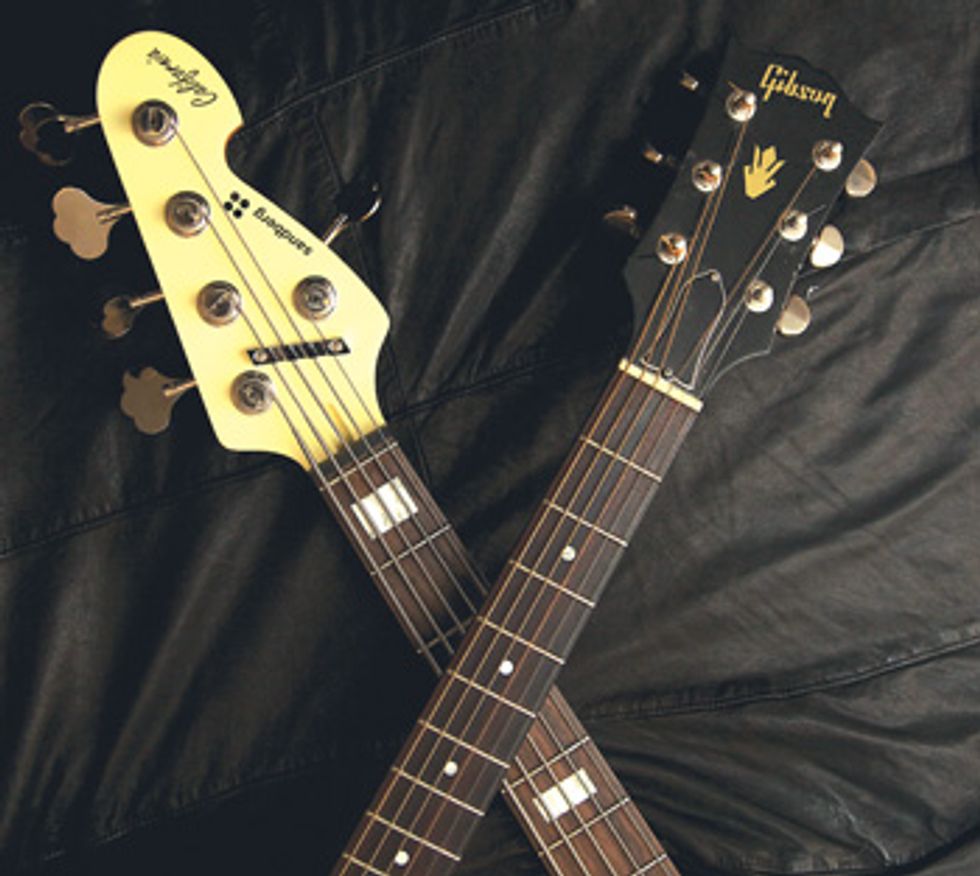
The way guitarists approach phrasing and music in general continues to cross over into my bass playing.
I have quite a few friends that are astoundingly talented multi-instrumentalists and it’s a very inspiring thing to be around. I can get around fairly well on a few instruments other than bass, but it’s quite evident whenever I pick up another instrument that bass is my thing. I’m a one-trick pony for the most part. But when it comes to what I absorb musically, however, I tend to be quite the opposite.
After many conversations with my bass-playing colleagues, I’ve come to realize that I listen to other bassists less than they do. There are so many elements to music that are completely independent of what instrument they’re being performed on. These elements are simply universal methods of communication. In the jazz world, for instance, it seems that it’s both encouraged and common for horn players to transcribe great piano solos, and vice versa. There really are a myriad of things that can be learned from other musicians—not just from others that play your instrument.
Who or what tickles your muse, intrigues you, or drives you spiritually is a very personal thing. I am certain we’ve all had heated arguments with our best musician friends over small musical details regarding a certain player’s feel or technique—arguments that would seem incomprehensible to our non-musician friends. It wouldn’t be surprising if you have a completely different opinion about the following guitarists I cite as sources of inspiration, but no one can discredit what they have meant to me as a musician.
Since Premier Guitar is primarily a guitar publication, I’m going to discuss what it is about three of my favorite guitarists that makes me want to grab my bass and make music every time I hear them play. I discovered some of these influences in my early teens, before I was really able to tell if it was musically great or not. I just knew that these people made me feel, and feel a lot. And their influence in my bass playing is traceable in every note to this day.
Keith Scott from Bryan Adams’ band is an endless source of inspiration for me. His solos are immediate. And anyone is able to sing them after just one or two listens. He plays the most simple, hooky, major-scale melodies, mixes them with a little blues to make them slightly dirty, and then finishes it all off with a right-hand attack and intent that floors me. The best rock/pop bass lines are based on the very same elements and I try to craft my bass lines like Keith crafts guitar solos. His soloing on “Native Son” from the Bryan Adams album Into the Fire is an excellent example of all of the above.
Richie Sambora from Bon Jovi is a guy that never gets enough appreciation musically. He’s co-written some of the bestselling songs of all time, but the fact that he’s a sideman to a bigger rock star seems to diminish his appeal to some people. Richie is a passionate, soul singer and that passion comes through in his playing in big way. He has that Italian temper in his playing, which goes from slow and sensual to very aggressive, with a beautiful ugliness at its most extreme dynamic. Part of that ugliness is that his bends are usually a little pitchy—which a lot of my guitarist friends seem to have a problem with—but I love it. I’ll bet almost everyone reading this column could sing the solo from “Wanted Dead or Alive” right now. It’s the high point of the song.
As a bassist, my usual job is to provide even volume, be a steady foundation, and to not be too dynamic. But whenever I get the opportunity to be a little more adventurous with my playing in terms of dynamics—like in a dramatic, old-school soul ballad—I draw on Richie’s playing for that passion and element of drama. To prevent a song from sounding too “cute,” I’ll even pull out one of his signature bends if there is a little hole for me to fill. It raises eyebrows in the audience, and whether that’s good or bad, at least I raised them.
I discovered the greatness of the legendary David Gilmour in my early 20s. Yes, there are many guitarists who can milk a note and let it sustain forever, though I often find myself bored with that. Everyone wants to prove that they can say a lot with one note, but they often fall short. David Gilmour never does. His entire being and the essence of his musicianship can be contained and presented in one note. There’s an element of darkness and sadness in his playing that inspires me tremendously.
What I take away from Gilmour’s playing is the ability to sound majestic. It sounds pretentious, I know, but I love the feeling I get on those rare occasions when I play something that fills the room and the notes feel like they have a larger purpose in life. The first few bass notes of a song after a long intro often have to fill that purpose. A great Gilmour example of this is when he plays his first few notes of “Shine on You Crazy Diamond” after a very extended intro. He shows the absolute power of just one instrument—it’s like a jet taking off.
Off to the woodshed I go, but I’ll leave you with this question: Are there bassists that inspire you to play guitar? There should be.
 Victor Brodén is a Nashville bassist and producer who has toured and recorded with more
than 25 major-label artists, including LeAnn
Rimes, Richard Marx, Casting Crowns,
and Randy Houser. His credits also include
Grammy-winning albums and numerous
television specials on CMT and GAC, as well as performances
on The Tonight Show and The Ellen DeGeneres
Show. You can reach him at vbroden@yahoo.com.
Victor Brodén is a Nashville bassist and producer who has toured and recorded with more
than 25 major-label artists, including LeAnn
Rimes, Richard Marx, Casting Crowns,
and Randy Houser. His credits also include
Grammy-winning albums and numerous
television specials on CMT and GAC, as well as performances
on The Tonight Show and The Ellen DeGeneres
Show. You can reach him at vbroden@yahoo.com.


